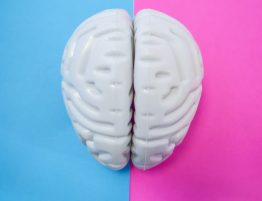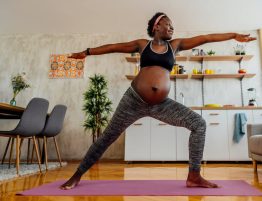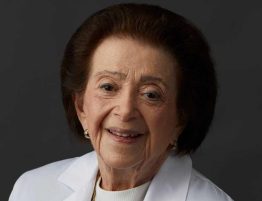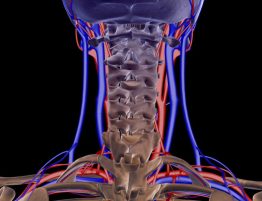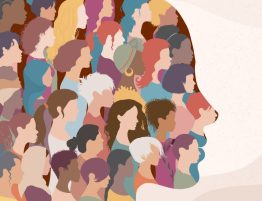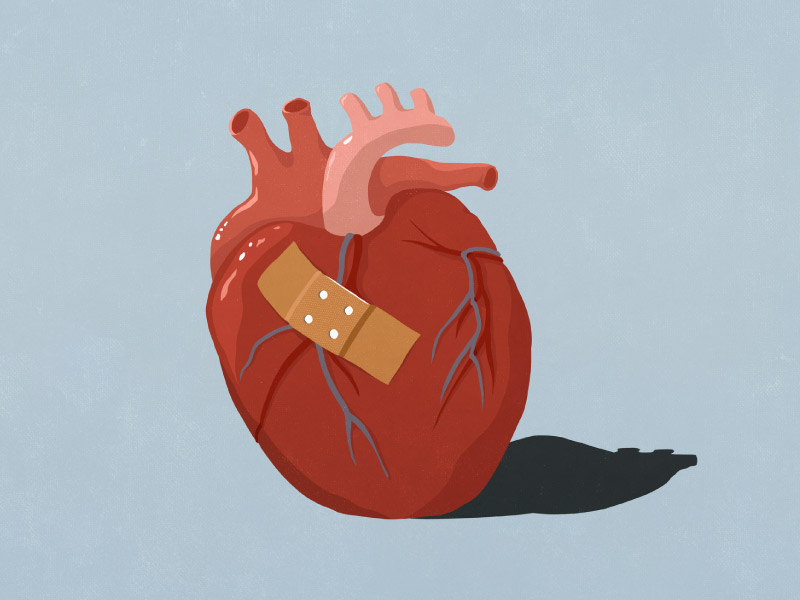
Broken heart syndrome, a life-threatening condition whose symptoms mimic a heart attack, is on the upswing, according to new research that shows the sharpest increases among women 50 and older.
Published Wednesday in the Journal of the American Heart Association, the study examined 135,463 cases of broken heart syndrome in U.S. hospitals from 2006 to 2017. It found a steady annual increase among both women and men, with women making up 88.3% of the cases.
The overall increase wasn’t unexpected as the condition has become increasingly recognized among medical professionals, said Dr. Susan Cheng, the study’s senior author. But researchers were taken aback to find the rate of the condition was at least six to 12 times higher in women ages 50 to 74 than it was in men or in younger women.
“These skyrocketing rates are both intriguing and concerning,” said Cheng, director of the Institute for Research on Healthy Aging in the department of cardiology at the Smidt Heart Institute at Cedars-Sinai in Los Angeles.
The condition, also known as Takotsubo cardiomyopathy, has been studied for decades in Japan and elsewhere. But it wasn’t well known internationally until 2005, when the New England Journal of Medicine published research on it.
Triggered by physical or emotional stress, broken heart syndrome causes the heart’s main pumping chamber to temporarily enlarge and pump poorly. Patients experience chest pain and shortness of breath, symptoms similar to those of a heart attack.
If they survive the initial phase of the disease, people often can recover in days or weeks. However, the longer-term effects are still being studied. Despite apparent recovery of heart muscle function, some studies show people who have had broken heart syndrome are at heightened risk for future cardiovascular events.
Cheng said more research is needed to understand the risks and reasons why broken heart syndrome seems to disproportionately affect middle-aged to older women.
The end of menopause may play a role, she said, but so might an uptick in overall stress.
“As we advance in age and take on more life and work responsibilities, we experience higher stress levels,” she said. “And with increasing digitization around every aspect of our lives, environmental stressors have also intensified.”
The study arrives at a time when public health organizations have been delving deeper into the mind-heart-body connection. In January, the American Heart Association published a scientific statement on the connection, saying there were “clear associations” between psychological health and cardiovascular disease risk.
While the study was done before the rise of COVID-19, Cheng said the stress of the pandemic has likely led to a rise in the number of recent cases of broken heart syndrome, many of them undiagnosed.
“We know there have been profound effects on the heart-brain connection during the pandemic. We are at the tip of the iceberg in terms of measuring what those are,” she said.
Dr. Erin Michos, who helped write the AHA’s scientific statement but was not involved in the new research, said the findings underscore how important it is for doctors to screen patients for mental health conditions.
She also called for more research to understand a disease about which little is known.
“We should all be worried about why its incidence is on the rise,” said Michos, an associate professor of medicine and director of Women’s Cardiovascular Health at Johns Hopkins School of Medicine in Baltimore.
The study, she said, serves as a potent reminder that everyone needs be proactive about their mental health, especially those with cardiovascular risks.
“We can’t avoid all stress in life, but it is important for patients to develop healthy coping mechanisms. Some strategies include mindfulness meditation, yoga, exercise, eating healthy, getting adequate sleep and cultivating social relationships for support systems,” Michos said. “For patients with significant psychological stress, a referral to a clinical psychologist or other clinician with expertise in mental health is recommended.”
If you have questions or comments about this story, please email editor@heart.org.

